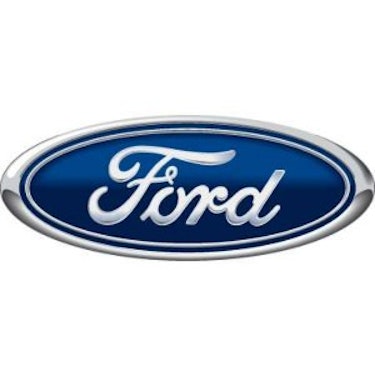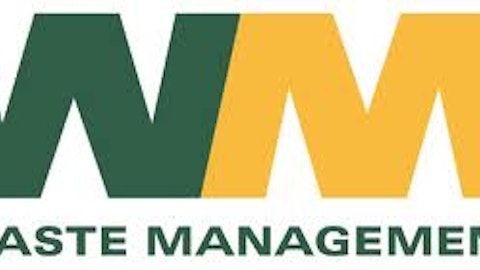
Speaking to Bloomberg, Mr. Mulally said that Japan was “absolutely” engaging in currency manipulation, which is undermining Ford’s ability to make a profit in overseas markets given the edge that Japanese companies have with a weak national currency. Supposedly, the threat that Ford Motor Company (NYSE:F) may be seeing comes in its quest to establish a stronghold in China, as demand for luxury cars like Lincoln, a Ford subsidiary, increases thanks to a growing middle-class.
Competitive landscape
If Japanese car makers like Toyota Motor Corporation (ADR) (NYSE:TM) and Honda Motor Co Ltd (NYSE:HMC) can export with little cost (considering that the yen is also weaker than the Chinese yuan, another currency under American economic scrutiny), this could jeopardize not only Ford Motor Company (NYSE:F)’s plans for the future but also the plans of other European and American car companies in the region. It’s even encouraging lawmakers from automotive-intense districts to prevent Japan from participating in a trans-Pacific trade deal, which critics say will encourage the imbalance between Japanese automakers and their American rivals, resulting in fewer opportunities for shared economic growth.
As much as this pro-America push looks good politically for Ford in the eyes of Washington, D.C. lawmakers and the American people, it loses traction on the spreadsheets once the numbers are crunched.
One complaint is that 90% of Japan’s auto sales are domestic, making that nation an effective “closed market.” The main problem with this assumption is that it doesn’t take into account the same monetary forces that Ford Motor Company (NYSE:F) sought to criticize. Japan is an export-driven economy, which is why they place value in a weak currency, which has been the case for much of Japan’s post-World War II history. Imports, especially from the US, are therefore more expensive than buying a similar product domestically.
Sales and profits
When this comes to cars, it is up to a company like Ford to one-up Japanese rivals like Toyota Motor Corporation (ADR) (NYSE:TM) and Honda Motor Co Ltd (NYSE:HMC), which have no problem operating in America. The Honda Accord is still one of the leading sellers in its class, selling better than the Ford Motor Company (NYSE:F) Fusion thanks to better handling and energy efficiency, stats that Japanese makers have excelled at for years.
Mr. Mulally’s other claim that the currency manipulation is undermining profits also has little foundation. Yes, Ford’s profits dropped by 1.2% last quarter, which may be where the CEO is getting this hypothesis from. However, Ford Motor Company (NYSE:F) has grown by approximately 36.2% in share price since mid-November, when the yen devaluation began. This is actually better than the 20.9% increase Honda had during the same time frame, and almost double the 19.6% inflation rate the yen experienced vs. the US dollar.



